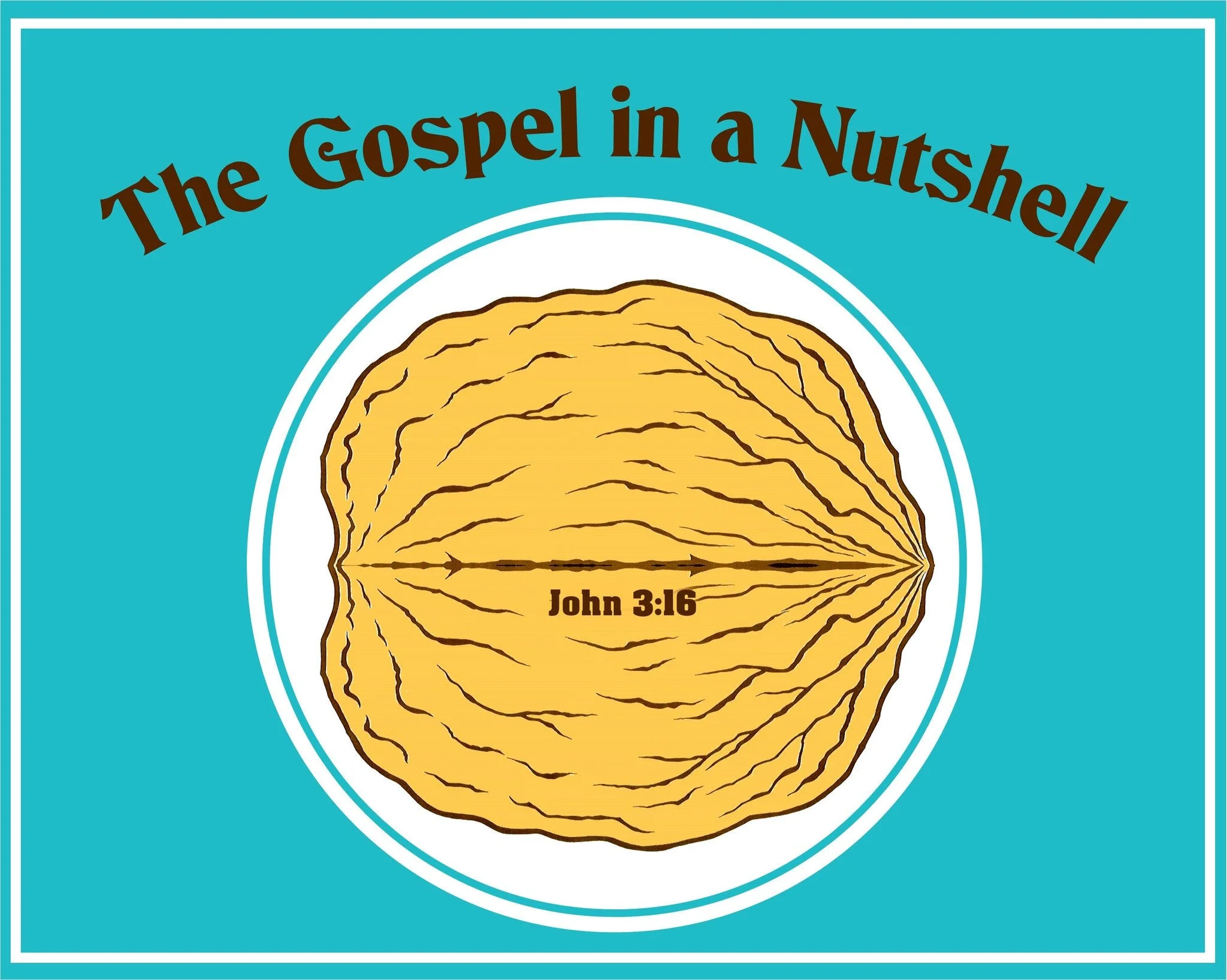“You will keep him in perfect peace, whose mind is stayed on You, because he trusts in You.” (Isaiah 26:3 NKJV)
This beautiful promise has two connected parts:
God promises to keep you in perfect peace.
This peace comes because you trust in Him.
If you want to experience the peace God offers, trust in Him must be at the center.
Peter’s experience on the water in Matthew 14:29–32 is a vivid illustration. In the middle of a storm, Peter stepped out of the boat and began walking on water toward Jesus. As long as his eyes stayed on Jesus, he was fine. But the moment he looked at the wind and waves, fear took over—he began to sink. Jesus caught him and asked, “You of little faith… why did you doubt?”
What is peace?
Webster’s dictionary defines it as “freedom from disquieting or oppressive thoughts or emotions.” That’s exactly what God offers—a deep inner calm that no storm can touch.
But it’s hard to hold onto peace when scary things happen or when we’re bombarded by bad news. If our minds stay fixed on the chaos, our hearts will follow into fear. Isaiah 26:3 gives the key: keep your mind stayed on God. That might mean turning off the constant stream of negative headlines and instead filling your heart with God’s encouraging promises.
Perfect peace is like noise-canceling headphones in a crowded, chaotic airport. The noise is still there, but it no longer controls what you hear or how you feel. God’s peace doesn’t remove every problem—it guards your heart so the trouble around you can’t shake the trust within you.
Jesus put it this way:
“Peace I leave with you; My peace I give to you. Not as the world gives do I give to you. Let not your hearts be troubled, neither let them be afraid.” (John 14:27 ESV)
That’s a peace you can personally claim—apply it to your situation, believe it no matter how things look, and meditate on it until it settles deep into your heart.
Therefore
Peace isn’t found in the absence of trouble, but in the presence of God. Keep your focus on Him, speak His promises over your life, and trust Him completely. The storm may still rage, but your heart can be as calm as a glassy lake—because the One who commands the wind and the waves is holding you.
“I have said these things to you, that in Me you may have peace. In the world you will have tribulation. But take heart; I have overcome the world.” (John 16:33 ESV)
“Now may the Lord of peace Himself give you peace at all times in every way. The Lord be with you all.” (2 Thessalonians 3:16 ESV)
“And the peace of God, which surpasses all understanding, will guard your hearts and your minds in Christ Jesus.” (Philippians 4:7 ESV)









